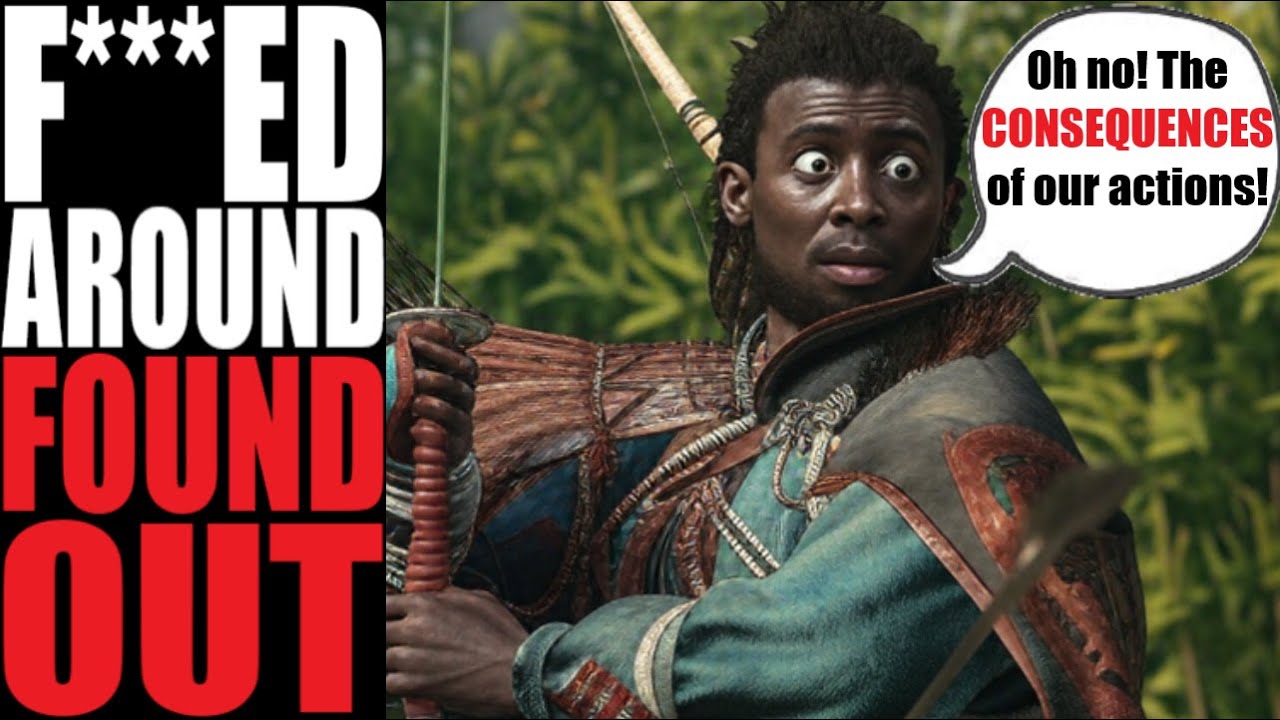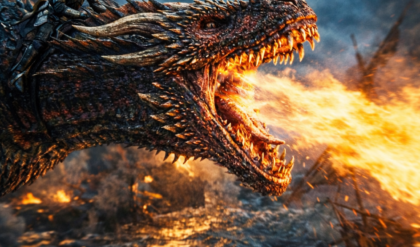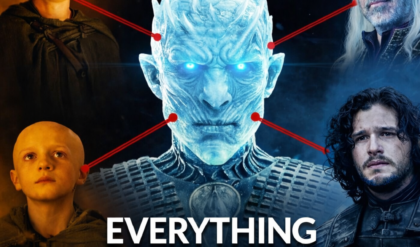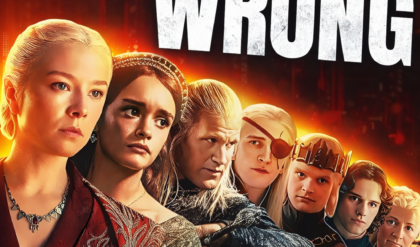Ubisoft’s Assassin’s Creed Empire Crumbles: Franchise Ripped Away After Epic Flops 💥
The iconic series that defined stealth gaming just got stripped from its creators in a desperate bailout—blame massive failures, woke missteps, and billions in debt. What’s next for the assassins? Uncover the shocking handover:

The gaming industry has witnessed another seismic shift as Ubisoft, the French powerhouse behind the Assassin’s Creed series, has effectively relinquished control of its crown jewel franchises. In a move announced in late July 2025 and operational by early October, Ubisoft partnered with Chinese tech giant Tencent to create a new subsidiary dubbed Vantage Studios. This entity, backed by a $1.25 billion investment from Tencent for a 25% stake, now oversees the development and publishing of Assassin’s Creed, Far Cry, and Rainbow Six Siege. The deal allows Ubisoft’s founding Guillemot family to retain majority control of the parent company but cedes operational autonomy to the new “creative house,” which includes key studios like Ubisoft Montreal and Quebec. Industry observers view this as a last-ditch effort to stem Ubisoft’s mounting losses, exacerbated by a string of high-profile flops, including recent entries in the Assassin’s Creed lineup.
Launched in 2007, Assassin’s Creed revolutionized open-world stealth-action games with its blend of historical fiction, parkour, and narrative depth. The series, developed primarily by Ubisoft Montreal using the proprietary Anvil engine, has sold over 200 million copies worldwide, spawning spin-offs, novels, comics, and even a 2016 live-action film. Early titles like Assassin’s Creed II and Black Flag were critically acclaimed for their immersive worlds and compelling stories of assassins battling the Templars. However, the franchise’s evolution toward RPG-heavy behemoths—starting with 2017’s Origins—drew mixed reactions, with fans criticizing bloated open worlds and repetitive gameplay.
Ubisoft’s woes intensified in recent years. The company reported a 20.5% drop in net bookings for the fiscal year ending March 31, 2025, plunging into the red despite Assassin’s Creed Shadows being touted as a “massive success.” Shadows, delayed multiple times and released in March 2025 after controversy over its diverse protagonists—a Black samurai and female shinobi—faced backlash for historical inaccuracies and perceived “woke” elements. While Ubisoft claimed strong sales, internal figures revealed the game cost $400 million to produce but generated only $150 million, contributing to a $92.4 million operating loss and missing revenue estimates. Other failures, like Star Wars Outlaws and the canceled XDefiant, compounded the damage, leading to stock plunges, studio closures, and 185 layoffs just weeks before Shadows’ launch.
The Tencent deal emerged amid takeover speculation and activist investor pressure. Ubisoft’s valuation hovered around $1.6 billion, burdened by debt, forcing the spin-off to salvage value from its IP. Vantage Studios promises “higher autonomy for developers” and faster responses to market trends, incorporating studios in Montreal, Quebec, Sherbrooke, Saguenay, Barcelona, and Sofia. Tencent’s involvement, including a five-year lock on its stake, ensures short-term stability but raises concerns about creative influence from the Chinese firm, known for hits like PUBG Mobile. Ubisoft CEO Yves Guillemot emphasized the move allows focus on core operations while revitalizing franchises.
Fan reactions on platforms like Reddit and X have been polarized. Detractors blame Ubisoft’s shift toward inclusivity and microtransactions for alienating core audiences, with posts decrying Shadows as a “financial flop” that “ruined the franchise.” One X user noted, “Ubisoft doesn’t make Assassin’s Creed anymore… Management moved it to a new company with Tencent,” highlighting fears of diluted identity. Supporters argue the spin-off could foster innovation, drawing parallels to successful Tencent-backed titles. Broader industry woes, including sexual harassment scandals and executive trials, have eroded trust, with former employees citing toxic workplaces.
This restructuring echoes trends in gaming, where struggling publishers like Activision Blizzard sought external partnerships. Ubisoft’s new “Transformation Committee,” led by Guillemot’s son Charlie, aims to cut €100 million in costs over two years, following €200 million in prior savings via studio shutdowns. For Assassin’s Creed, future titles like potential Mirage DLCs—amid employee concerns over Saudi funding—will test Vantage’s mettle. Ubisoft insists creative control remains intact, but whispers of external influences persist.
As Vantage Studios takes the reins, the fate of Assassin’s Creed hangs in the balance. Once a beacon of Ubisoft’s dominance, the franchise now symbolizes the perils of mismanagement and market misreads. With Tencent’s capital infusion, there’s potential for revival, but gamers remain skeptical. Will this bailout breathe new life into the assassins, or mark the end of an era? Only time—and upcoming releases—will tell, as the industry watches closely for signs of recovery or further decline.





